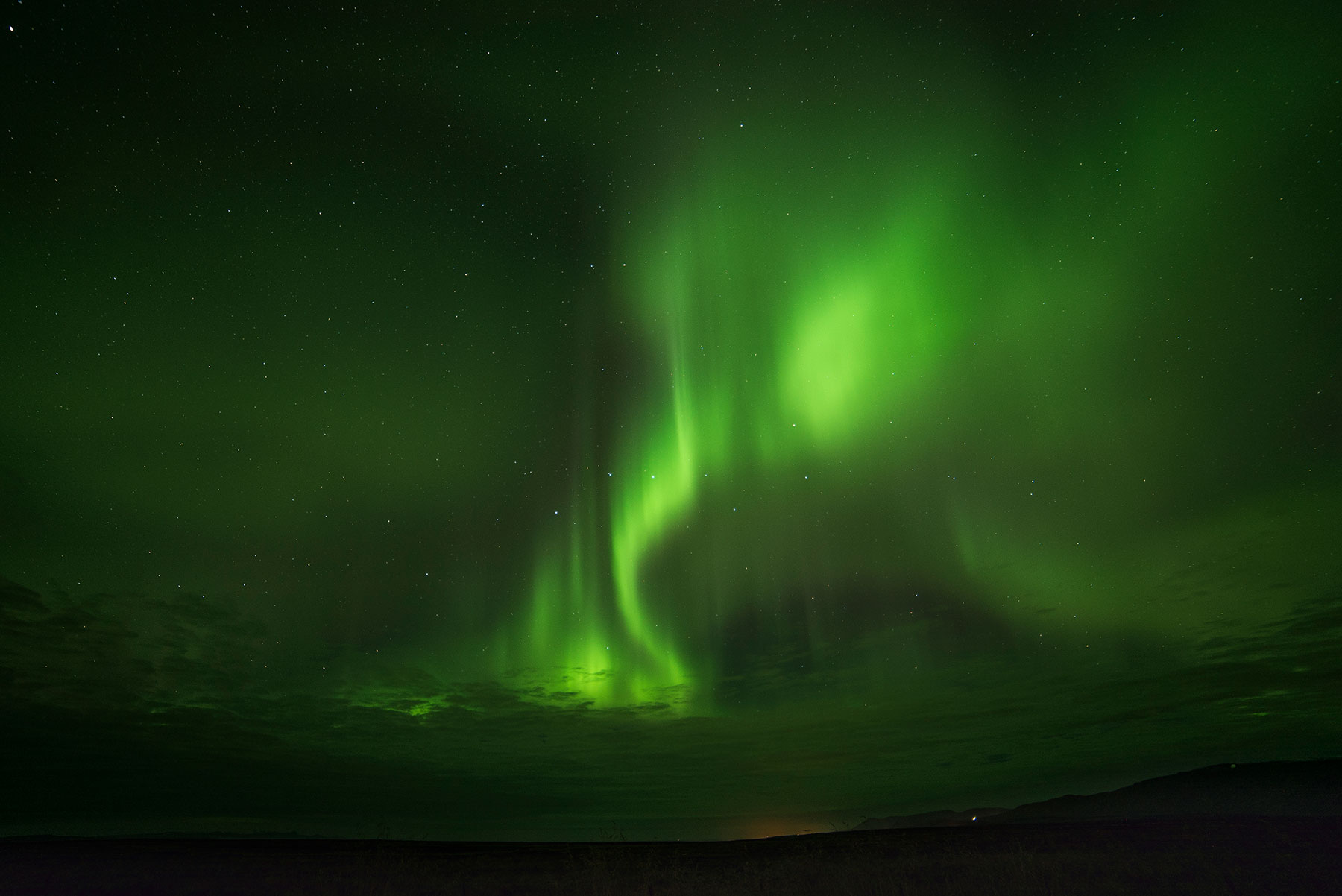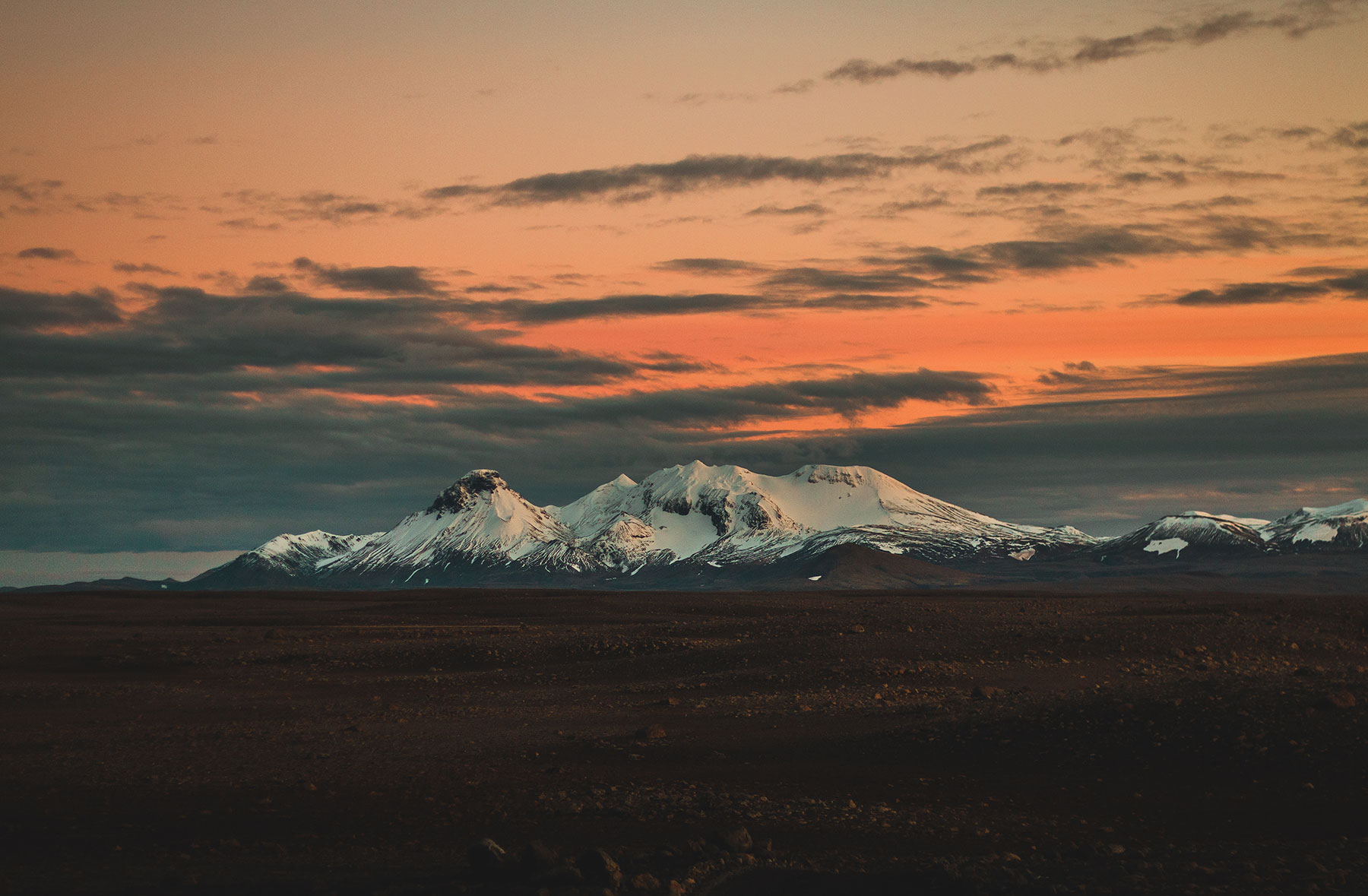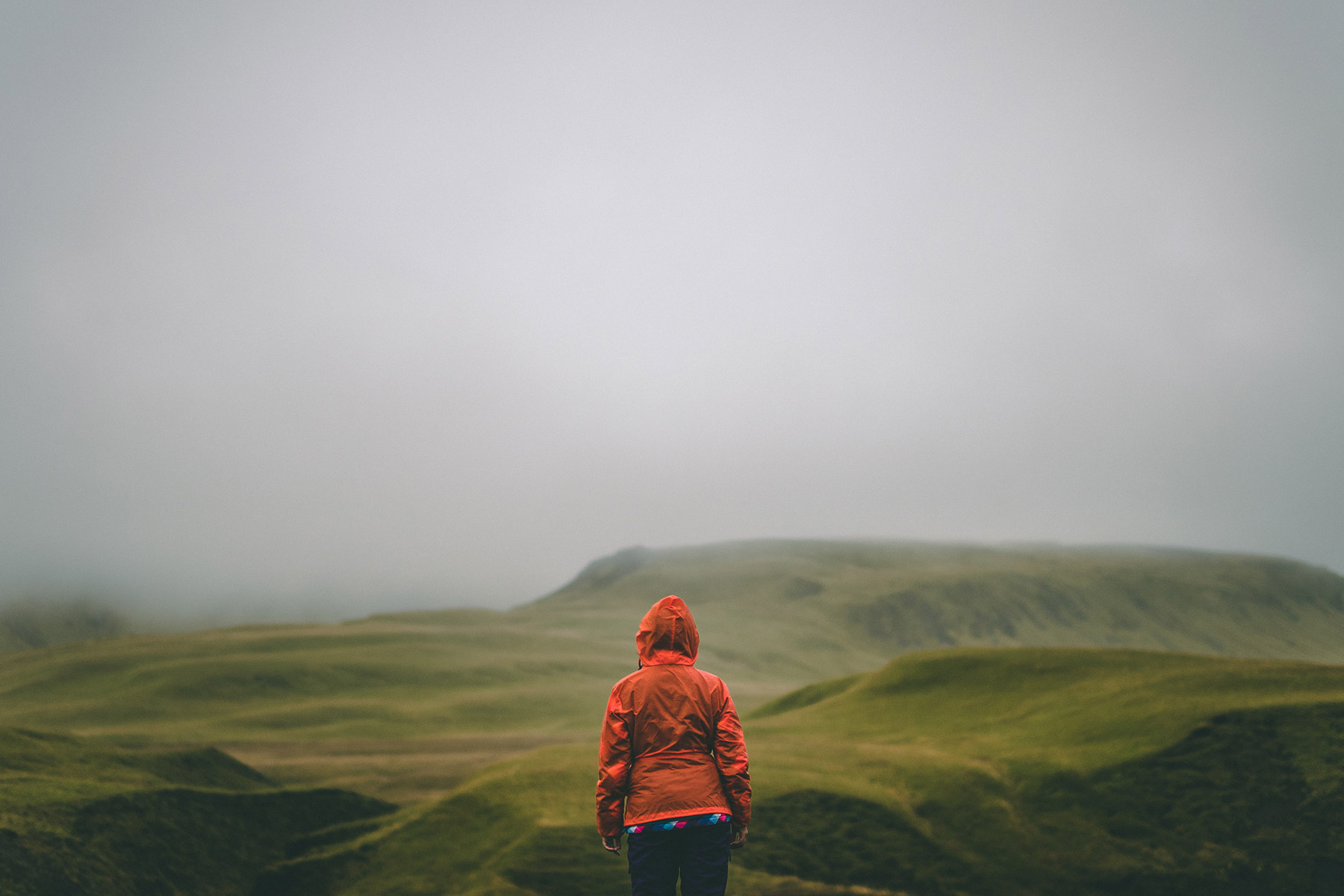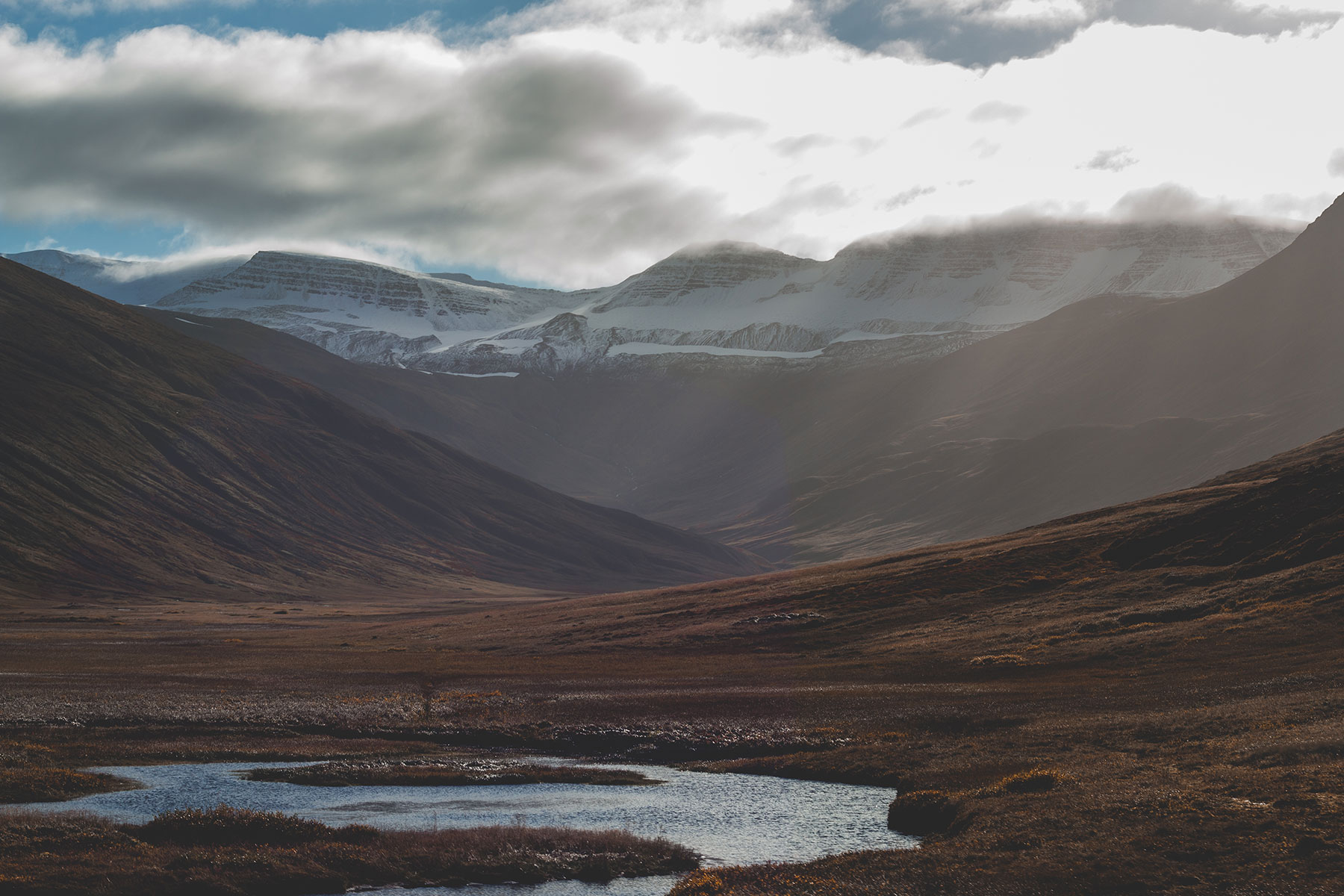Are you planning your wedding or elopement in Iceland? These are some of the questions people ask most frequently
How Much Does It Cost to Get Married in Iceland?
The cost of getting married in Iceland varies depending on your preferences and needs. But you need to know that Iceland can get very expensive. Here are some of the costs you should consider:
The cost of the marriage ceremony: A civil ceremony at a local registry office costs around 28,000 ISK (approx. $220 USD) while a church ceremony can cost up to 80,000 ISK (approx. $625 USD).
The cost of a wedding planner: If you’re not familiar with the country or its laws, hiring a wedding planner can be a great investment. They can help you with everything from finding the right location to booking vendors and arranging transportation. The cost of a wedding planner in Iceland ranges from $1,500 to $5,000 USD.
The cost of accommodation: Iceland offers a variety of accommodations, from luxury hotels to cozy cabins. Depending on your budget, you can find accommodation for as low as $50 USD per night or as high as $2,000 USD per night.
The cost of transportation: Whether you’re renting a car or hiring a driver, transportation costs can add up quickly. A rental car in Iceland can cost anywhere from $50 to $200 USD per day, depending on the type of car and the season.
The cost of food and drinks: Iceland has a reputation for being an expensive country, and this extends to its food and drink prices. A meal for two at a mid-range restaurant can cost around $100 USD, while a bottle of wine can cost $50 USD or more.
What is the Best Time for a Wedding in Iceland?
This is where Iceland gets interesting (as if you need something else, right?
The summer months (June to August) offer long days with almost 24 hours of daylight. This is a great time for a midnight sun ceremony or exploring Iceland’s outdoors. The first time we experienced this it was so strange but felt good at the same time, you need to experience it for yourself.
The winter months (December to February). These are for the tough ones. If you like cold weather, and lots of snow, this is the time for you to get have your elopement in Iceland. Just know that weather in Iceland can be harsh and unpredictable and be prepared for it. There are also fewer daylight hours, so take that into account.
The shoulder seasons (April, May, September, October) offer a mix of long daylight hours and a chance to see the Northern Lights. The first time we have seen the Northern Lights we were there for last week of September/first of October and we had that show for 4 or 5 nights in a row. Northern Lights solely should be a reason to visit Iceland, trust me! These months are also less crowded, making it easier to find accommodations and vendors.
What is the Marriage Tradition in Iceland?
The marriage tradition in Iceland is steeped in history and tradition. But one of the most unique aspects of Icelandic weddings is that they are often held in unconventional locations, such as on a glacier, in a lava field, or on a black sand beach.
Icelanders don’t use surnames in the traditional sense. Instead, they use a patronymic naming system. For example, if your father’s name is Magnus, your last name would be Magnusdottir (if you’re a woman) or Magnusson (if you’re a man).
Icelanders also have a tradition called “heimablídni,” which means “home hospitality.” It’s customary to invite guests to their own homes and serve them some typical food for example.
What do you wear to an Icelandic wedding?
When attending a wedding in Iceland, it’s important to dress appropriately for the occasion. While the dress code may vary depending on the venue and formality of the event, it’s generally recommended to wear semi-formal or formal attire. For men, this may include a suit and tie, while women may opt for a cocktail or evening dress. However, it’s also worth considering the weather conditions and bringing warm layers, as Iceland can be quite chilly, even in the summer months.
This is the perfect place if you’ve ever dreamed of getting married with hiking books and a backpack. There is no strict dress code for guests, although it’s recommended that you dress in comfortable and practical clothing, suitable for the unpredictable Icelandic weather.
Can tourists marry in Iceland?
Yes, tourists can get married in Iceland. However, there are certain requirements that must be met before tying the knot. These include obtaining a marriage license, providing documentation of identity and marital status, and having two witnesses present during the ceremony. It’s also important to note that some venues may have their own specific requirements or restrictions.
What is the most expensive month to visit Iceland?
The most expensive months to visit Iceland is typically July and August, which is peak tourist season. During this time, prices for accommodations, activities, and flights may be higher due to the increased demand. However, it’s possible to find more affordable options by traveling during other seasons (May-June and September-October) or winter months (November-April).
What are three traditions in Iceland?
Iceland has a rich cultural heritage, and there are many traditions that are still practiced today. Three of the most notable traditions include:
Ásatrú – This is the traditional pagan religion of Iceland, which worships the Norse gods and goddesses.
Jólabókaflóð – This is the “Christmas book flood,” which is a beloved holiday tradition where Icelanders give each other books as gifts on Christmas Eve.
Þorrablót – This is an ancient festival that celebrates the end of winter and the beginning of spring. It’s marked by feasting on traditional Icelandic foods, such as fermented shark and smoked lamb, and drinking a strong spirit called Brennivín.
Midsummer’s Eve – This holiday celebrates the summer solstice and the longest day of the year. It’s marked by bonfires, music, and dancing, and is a time for communities to come together and celebrate.
What can’t you bring to Iceland?
There are certain items that are prohibited or restricted from being brought into Iceland. These include:
Meat and dairy products – These items are prohibited due to the risk of introducing diseases into Iceland’s delicate ecosystem.
Plants and soil – These items are also restricted due to the risk of introducing non-native species into the country.
Firearms and ammunition – These items are heavily regulated in Iceland and require special permits to bring into the country.
What is tourist etiquette in Iceland?
Respect the environment – Iceland’s natural beauty is a major draw for tourists, but it’s important to take care not to damage the delicate ecosystem. As a biologist myself, this is mandatory in our adventures! Keep your distance – When encountering wildlife, it’s important to maintain a safe distance and not disturb the animals. Iceland has strict regulations in place to protect its natural resources and cultural heritage, so it’s important to follow these rules and regulations while visiting. Follow the rules of the road and practice safe driving.
What is considered polite in Iceland?
As in most of Nordic countries, removing your shoes when entering someone’s home is a good thing to do. Greeting people – It’s polite to greet others when entering a room or meeting someone for the first time. Using “please” and “thank you” – These phrases are essential in Icelandic social interactions and are seen as a sign of respect.
What happens in Iceland every night?
Simply put, the most unreal thing I have ever seen my entire life. In Iceland, the Northern Lights are a frequent occurrence during the winter months, and they are a breathtaking sight to behold. The Northern Lights, also known as Aurora Borealis, are a natural light display that occurs in the night sky, primarily in the polar regions. It is caused by the interaction of the Earth’s magnetic field and charged particles from the sun.
The colors of the Northern Lights depend on the type of gas being excited and the altitude of the collision. Oxygen usually produces green or yellowish-green colors, while nitrogen produces blue or purplish-red colors. The lights can vary from a soft glow to a bright and flickering display, and can last from a few minutes to several hours. The Northern Lights are a natural wonder and are best seen in places with clear and dark skies, away from artificial lights. They are a breathtaking sight that has amazed and inspired people for centuries.





















